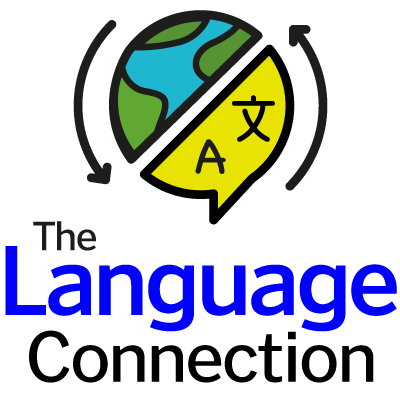Forms and Documentation
The NHS generates a massive amount of written materials, including a lot of medical forms that need to be completed not just by medical staff, but by patients too. The materials are integral to patient care, giving medical personnel a much better insight into medical records and their patients as a whole, so having them filled in accurately is non-negotiable.
Translation services can step in to ensure those forms are translated into all the languages they need to be, giving patients the opportunity to complete them fully and accurately – there won’t be any misunderstandings when the form has been properly translated by an expert, and that means there won’t be any misunderstandings when it comes to patient care either.
Leaflets and Information Packs
Think about the last time you were at the doctors; it’s highly likely you were presented with some leaflets or perhaps a full information pack at the end of the appointment – it’s useful, it gives you something to read at home so you’ve got the chance to actually digest the info you’ve just been given, good or bad.
Translating those leaflets and information packs is clearly non-negotiable so people can get the full story about their health. By translating these leaflets, the NHS can be sure that their patients, no matter what language they speak, are getting all the right information and can make informed decisions about their health.
Signage
The best thing about translation services is that they can range from everything from medical records to signage and, in fact, getting the signage in a hospital or other medical facility right and ensuring that everyone can read the directions or instructions written on those signs is vital.
Imagine going to a hospital, for example, and seeing signs but not being able to read them and not understanding where you’re meant to go for an appointment or to see a loved one. It would be stressful and upsetting. Translations for signs can prevent that issue from arising.
Patient Surveys
Feedback is always something the NHS asks for and, to a great extent, relies on. How can the service move forward and get better if it doesn’t listen to what its patients have to say and what they feel is lacking?
The problem is that if a patient is unable to understand the feedback form, email, or survey they’ve been sent, they won’t complete it (or won’t complete it accurately), and that means the NHS can’t act on their feedback, and won’t have a comprehensive overview of the services they’re offering and whether they’re valuable. Positive change only comes when people communicate, and translation services for the NHS can ensure that happens
Healthcare translation is one of the most critical types of translation. Medical documents can be very complex, with technical language and jargon that can be difficult to understand for non-experts. That’s why working with a professional medical translator with the training and experience necessary to translate these documents accurately is essential.
Get in touch today to see how we can assist you!

